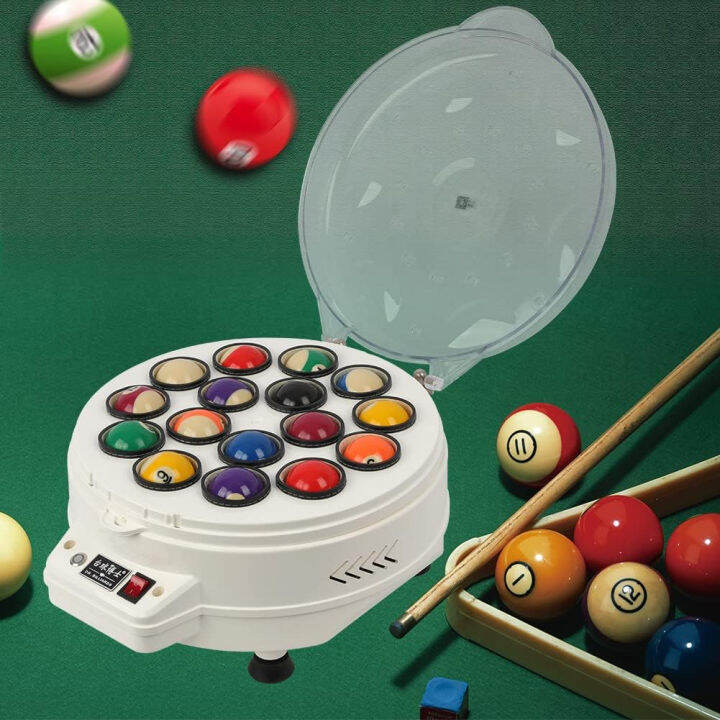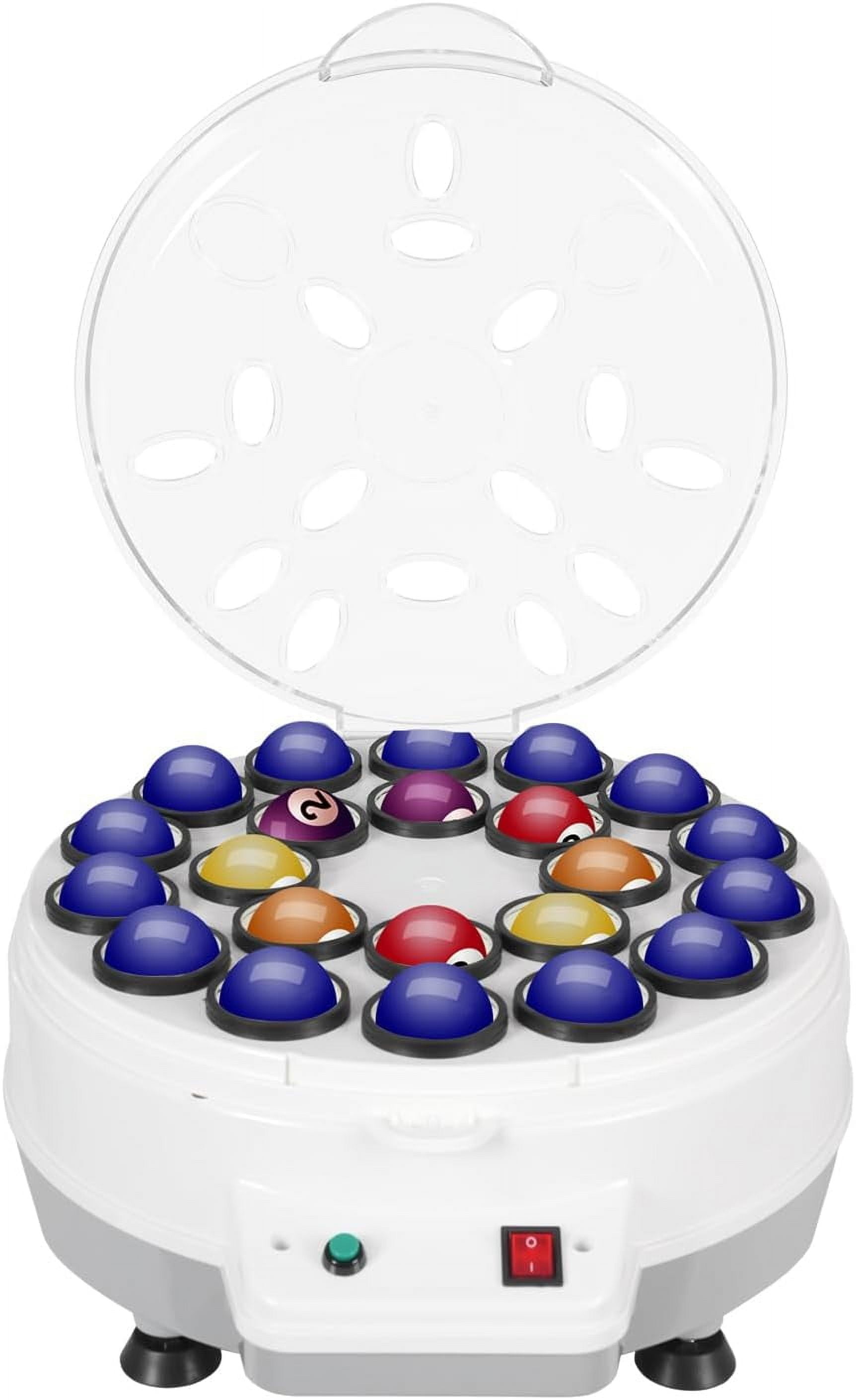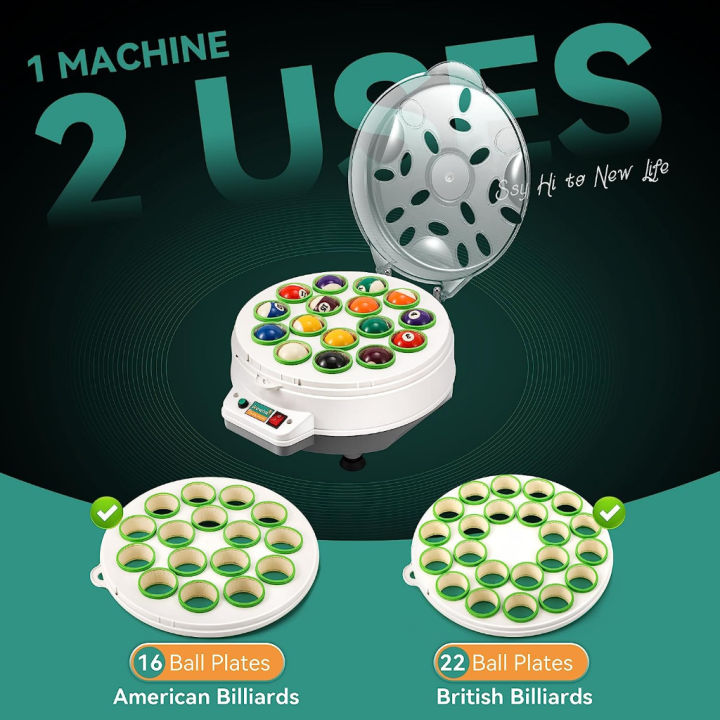Ever wondered how those pool balls maintain their glossy shine over time? Well, polishing pool balls is more than just aesthetics—it’s about preserving the integrity of your game and ensuring smooth performance on the table. Whether you’re a casual player or a professional, keeping your pool balls in top condition is essential for an enjoyable experience.
Let’s face it, a dull set of pool balls can ruin the vibe of any game night. Not only does it affect the visual appeal, but it can also impact the way the balls roll and interact with each other. In this guide, we’ll dive deep into the art of polishing pool balls, sharing tips, tricks, and best practices that’ll keep your game looking fresh as ever.
From understanding the materials used in pool balls to mastering the techniques for polishing them, we’ve got you covered. So, grab a drink, sit back, and let’s explore everything you need to know about maintaining that perfect shine!
Read also:5movierulz Kannada 2025 Your Ultimate Guide To The Latest Movie Mania
Table of Contents:
- Why You Should Polish Pool Balls
- Types of Pool Balls and Their Characteristics
- Tools You’ll Need for Polishing
- Step-by-Step Guide to Polishing Pool Balls
- Common Mistakes to Avoid
- Maintenance Tips for Long-Lasting Shine
- Cost Factor: Is Polishing Worth It?
- When to Seek Professional Help
- The Environmental Impact of Pool Ball Maintenance
- Wrapping Up: Keep That Glow Alive
Why You Should Polish Pool Balls
Alright, let’s get real here. Pool balls don’t just magically stay shiny forever. Over time, they endure wear and tear from constant use, scratches from collisions, and even dirt buildup from hands and the table surface. Polishing your pool balls isn’t just about aesthetics; it’s about ensuring they perform optimally.
Here’s the deal: when pool balls lose their shine, it can affect how they roll and interact with each other. A dull surface might cause the balls to skid instead of spinning properly, which can throw off your shots. Plus, who doesn’t love the satisfaction of a gleaming set of balls on the table?
In this section, we’ll explore why polishing pool balls is crucial for both performance and longevity. Let’s break it down:
- Enhanced Performance: A polished surface reduces friction, allowing the balls to roll smoothly.
- Improved Appearance: Dull balls can ruin the ambiance of any game night. A shiny set elevates the experience.
- Extended Lifespan: Regular maintenance prevents deep scratches and cracks, keeping your balls in playable condition longer.
Types of Pool Balls and Their Characteristics
Not all pool balls are created equal. Understanding the material and characteristics of your set is key to effective polishing. Here’s a quick rundown:
Phenolic Resin Balls: These are the gold standard in professional play. They’re durable, resistant to scratches, and maintain their color well over time. However, they can be a bit pricey.
Read also:Vegmovies The Ultimate Guide To Plantbased Films That Matter
Plastic Balls: More affordable but less durable. They tend to scratch easily and may lose color faster than phenolic resin balls.
Clay Balls: Rarely used today due to their fragility, but some vintage sets still feature them. They’re prone to chipping and cracking.
Knowing what type of balls you’re dealing with will help you choose the right polishing method and materials.
Tools You’ll Need for Polishing
Before you dive into the polishing process, gather your tools. You don’t need a fancy setup—just a few essentials will do the trick. Here’s what you’ll need:
- Microfiber Cloth: Soft and lint-free, perfect for avoiding scratches.
- Polishing Compound: A high-quality compound designed for plastics or resin will work wonders.
- Gloves: Protect your hands from chemicals and ensure a firm grip while polishing.
- Soft Brush: For cleaning dirt and debris from the ball surface before polishing.
Remember, using the right tools can make a huge difference in the final result. Don’t skimp on quality here.
Step-by-Step Guide to Polishing Pool Balls
Ready to get your hands dirty? Here’s a step-by-step guide to polishing your pool balls like a pro:
- Clean the Balls: Start by wiping each ball with a damp cloth to remove dirt and debris.
- Apply Polishing Compound: Use a small amount of compound on a microfiber cloth and gently rub it onto the ball in circular motions.
- Buff the Surface: Once the compound is applied, use a clean section of the cloth to buff the ball until it shines.
- Repeat as Needed: Depending on the condition of your balls, you might need to repeat the process a few times for optimal results.
Pro tip: Take your time with each ball. Rushing the process can lead to uneven results.
Common Mistakes to Avoid
Even the best of us make mistakes. Here are a few pitfalls to watch out for when polishing pool balls:
- Using Harsh Chemicals: Avoid abrasive cleaners that can damage the ball surface.
- Over-Polishing: Too much pressure or excessive rubbing can cause heat buildup, potentially melting the ball’s surface.
- Ignoring Scratches: If your balls have deep scratches, polishing alone won’t fix them. Consider professional resurfacing.
Stay vigilant and you’ll avoid these common blunders.
Maintenance Tips for Long-Lasting Shine
Polishing is just one part of maintaining your pool balls. Here are some tips to keep them looking great between sessions:
- Regular Cleaning: Wipe down the balls after every game to prevent dirt buildup.
- Store Properly: Keep your balls in a cool, dry place to avoid moisture damage.
- Handle with Care: Avoid dropping or banging the balls together to minimize scratches.
A little care goes a long way in preserving the quality of your set.
Cost Factor: Is Polishing Worth It?
Now, let’s talk money. Polishing your pool balls at home can save you a pretty penny compared to professional services. The cost of materials is relatively low, and the process itself is straightforward.
However, if your balls are severely damaged, professional resurfacing might be the better option. It’s an investment, but one that can extend the life of your set significantly.
When to Seek Professional Help
Sometimes, DIY efforts just aren’t enough. If your pool balls have deep scratches, chips, or other significant damage, it’s time to call in the experts. Professional resurfacing can restore even the most battered balls to their former glory.
Look for reputable services with positive reviews and ask about their process. A good professional will use specialized equipment to ensure a flawless finish.
The Environmental Impact of Pool Ball Maintenance
Let’s not forget about our planet. While polishing pool balls might seem like a small task, it’s important to consider the environmental impact. Choose eco-friendly products whenever possible and dispose of used materials responsibly.
Additionally, maintaining your balls properly means they’ll last longer, reducing the need for frequent replacements and minimizing waste.
Wrapping Up: Keep That Glow Alive
There you have it, folks—a comprehensive guide to polishing pool balls. Whether you’re a casual player or a seasoned pro, keeping your set in top condition is essential for an enjoyable game experience.
Remember, regular maintenance and proper care can extend the life of your pool balls and enhance their performance. So, don’t wait until your balls are beyond repair—start polishing today!
Feel free to share your thoughts in the comments below or check out our other articles for more tips and tricks. Happy gaming, and keep that shine alive!


